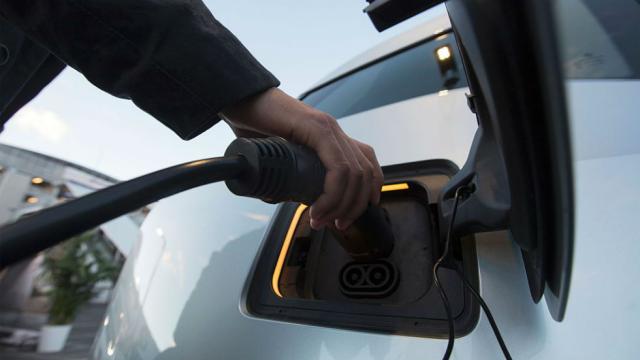

A Democratic lawmaker unveiled legislation on Thursday to boost clean vehicle technology in an effort to build more fuel-efficient cars and reduce the country’s dependence on foreign oil.
Rep. Debbie Dingell (D-Mich.), who has also been leading a House push to pave the way for autonomous vehicles, reintroduced a bill that would promote investments in the research and development of cutting-edge technologies that improve energy efficiency in vehicles.
“Michigan’s auto industry has made major advancements in cutting-edge fuel efficiency technologies in the last decade,” Dingell said in a statement.
“This legislation builds on the progress made by investing in successful research programs that will help improve vehicle efficiency – saving consumers money at the pump, improving energy security and keeping the U.S. and southeast Michigan at the forefront of vehicle innovation,” she said.
Dingell’s measure would reauthorize the Department of Energy’s Vehicle Technologies Office, which is responsible for working with stakeholders to research, develop and deploy clean vehicle technologies.
Some of the technologies that sponsors of the bill hope to promote include vehicle-to-vehicle communications systems, mild hybrids and electric vehicle charging technology.
Officials and automakers have increasingly been betting that electric cars are the vehicles of the future.
On Thursday, the city of Paris signaled that it wants to ban gasoline-powered cars by 2030, while France announced earlier this year that the entire country would end the sale of gasoline and diesel vehicles by 2040 in order to reach its targets under the 2015 Paris climate agreement.
Meanwhile, Volvo announced this summer it would stop manufacturing vehicles with conventional engines by 2018, producing instead only all-electric and hybrid vehicles.
Bloomberg New Energy Finance has projected that sales of electric vehicles in the United States would overtake those of cars with traditional internal combustion engines within 20 years.
[“Source-thehill”]
